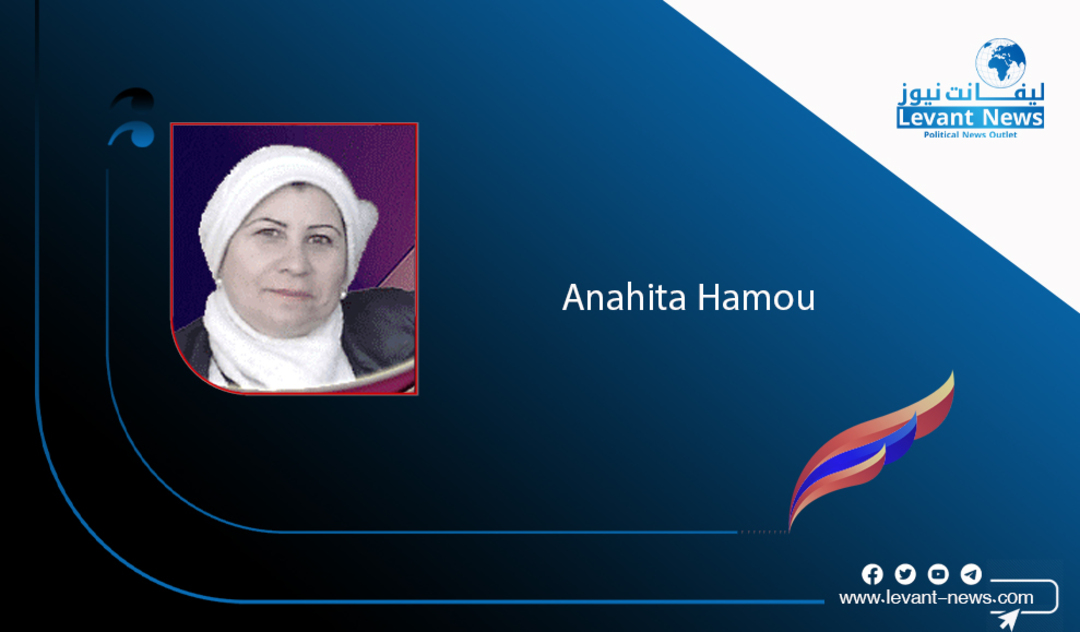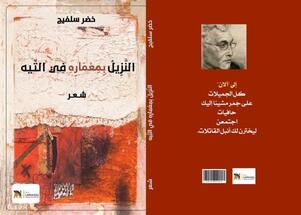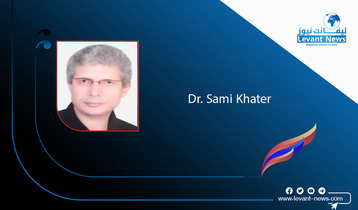-
The Anniversary of Anfal: Genocide in the Silence of the World
-
April 14, a date that should not pass in silence

On this day every year, Kurdish students in their schools in Kurdistan stand for a moment of silence in reverence for their immortal souls, while Kurds in diaspora commemorate one of the most heinous crimes of the twentieth century: the Anfal campaign, launched by the regime of former Iraqi President Saddam Hussein against the Kurdish people between 1986 and 1989. This campaign resulted in the deaths of more than 180,000 civilians and the destruction of entire villages, in an operation legally classified as genocide according to the United Nations Convention of 1948.
According to reports from Human Rights Watch, the Iraqi regime at that time adopted a systematic military and security strategy that included "chemical attacks, mass executions, and forced displacement." The most notable was the Halabja massacre in March 1988, which claimed the lives of about 5,000 civilians due to direct chemical bombardment.
A report published by the organization in 1993 titled "Anfal: The Campaign of Genocide Waged by Iraq Against the Kurds" detailed these atrocities, confirming that the official Iraqi documents obtained after the Gulf War clearly showed an intent to "exterminate the Kurdish countryside" as it was seen as a stronghold of opposition.
In her new book "Forgotten Genocide," which was presented at the Paris Book Festival in the section "Kurdistan, Forgotten Genocide: The Broken Voice of the Kurdish People," French journalist and researcher Béatrice Piller reveals eyewitness accounts from over a hundred survivors of the Anfal massacres, including men and women who lost their entire families, were placed in detention camps, or forced to live in involuntary exile. One survivor recounts, "They took us to the desert, separating men from women, and since that day, I have not seen my father again."
This book, which took ten years of research and documentation in various regions of Iraqi Kurdistan, presents for the first time in French a documentary and field material supporting the demands for official recognition of the crime as genocide, placing the international community before its legal and moral responsibilities.
Although the Iraqi High Criminal Court issued a ruling on June 24, 2007, recognizing Anfal as "a crime of genocide," this acknowledgment has remained local without widespread international adoption. Here, the importance of political and media pressure arises to include this crime in official records of international memory, just as was done regarding the Armenian genocide and the Holocaust.
The lack of international recognition to this day does not erase the truth but prolongs the wounds of a people seeking justice. Amid the ongoing recurrent conflicts that continue to ravage the region, the anniversary remains a call to the global conscience: to ensure that Anfal does not happen again, it must first be recognized.
Anahita Hamou
You May Also Like
Popular Posts
Caricature
BENEFIT Sponsors Gulf Uni...
- April 17, 2025
BENEFIT, the Kingdom’s innovator and leading company in Fintech and electronic financial transactions service, has announced its sponsorship of the “Innovation and Sustainable Technology Solutions Competition (GU - IST Solutions), hosted by Gulf University at its main campus.
This strategic sponsorship reflects BENEFIT’s active role in advancing technological innovation and fostering sustainable solutions to future challenges. It also seeks to empower Bahraini youth by enhancing their skills, capabilities, and competitiveness in innovation and solution development—contributing meaningfully to the broader goals of sustainable development across all sectors.
As part of BENEFIT’s active involvement in the competition, the company has announced that Hanan Abdulla Hasan, Senior Manager of Public Relations and Communication, will serve on the competition’s supervisory committee. Her upcoming participation reflects BENEFIT’s forward-looking commitment to championing academic and professional excellence.
Commenting on the occasion, Hanan Abdulla Hasan, Senior Manager of Public Relations and Communication at BENEFIT, said, “We are privileged to support this pioneering initiative, which aligns seamlessly with BENEFIT’s enduring commitment to fostering innovation and nurturing the potential of Bahrain’s youth. Our participation is rooted in a deep sense of social responsibility and a firm belief in the pivotal role of innovation in shaping a sustainable future. Through such platforms, we seek to empower the next generation with the knowledge, skills, and foresight required to develop impactful solutions that address future challenges, in line with the United Nations Sustainable Development Goals 2030.”
Dr. Aseel Al Ayash Dean of the College of Engineering in Gulf University commented, “We extend our sincere gratitude to BENEFIT for their generous sponsorship and support of the Innovation and Sustainable Technology Solutions Competition. This contribution plays an instrumental role in helping us achieve the strategic goals of this initiative, namely, cultivating a culture of innovation and sustainability, encouraging efforts that address the imperatives of sustainable development, and enhancing the practical and professional capabilities of our students and participants.”
The event will bring together a diverse spectrum of participants, including secondary school students, university undergraduates, engineers, industry professionals, entrepreneurs, academic researchers, and subject matter experts representing a wide range of disciplines.
The competition seeks to inspire participants to develop and present innovative, sustainable technologies aimed at addressing pressing environmental, social, and economic challenges. It encourages the formulation of business models that integrate advanced technological solutions with core principles of sustainability. Moreover, it serves as a platform for emerging leaders, entrepreneurs, and innovators to contribute to the advancement of the Sustainable Development Goals, promote the ethos of responsible technology, and demonstrate its transformative potential across various sectors.
Attendees will have the opportunity to view a series of project presentations submitted by participants, covering diverse areas such as eco-friendly product design, smart and sustainable innovations, renewable energy technologies, water conservation and management, waste minimisation and recycling, green architectural solutions, and sustainable transportation systems. Outstanding projects will be formally recognised and awarded at the conclusion of the event.
opinion
Report
ads
Newsletter
Subscribe to our mailing list to get the new updates!




















